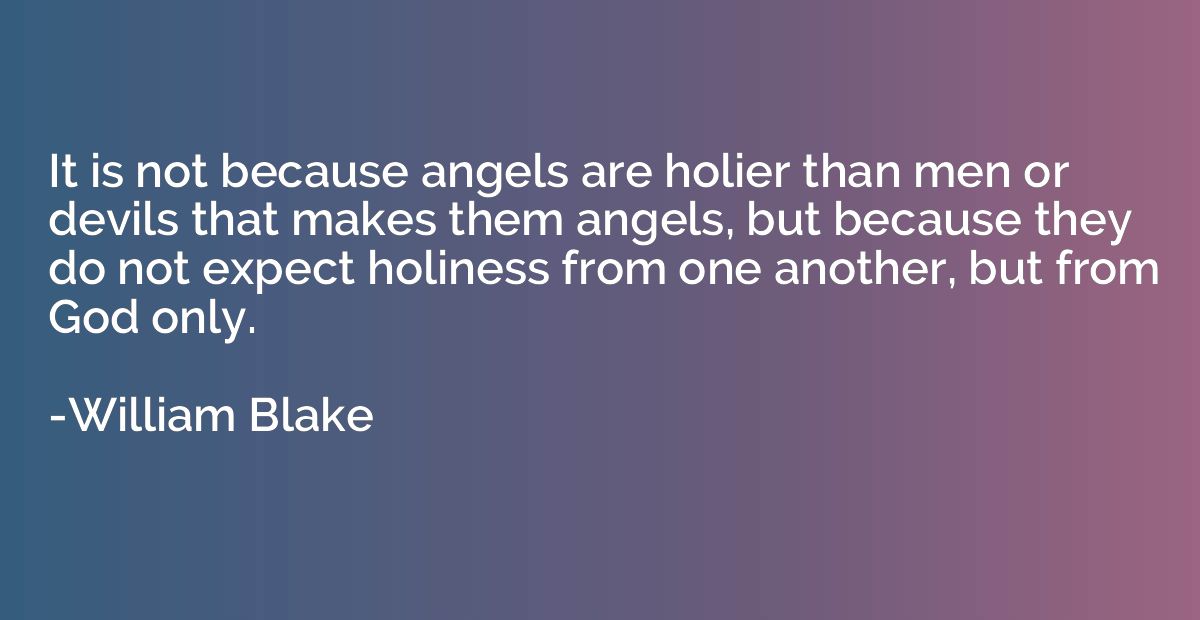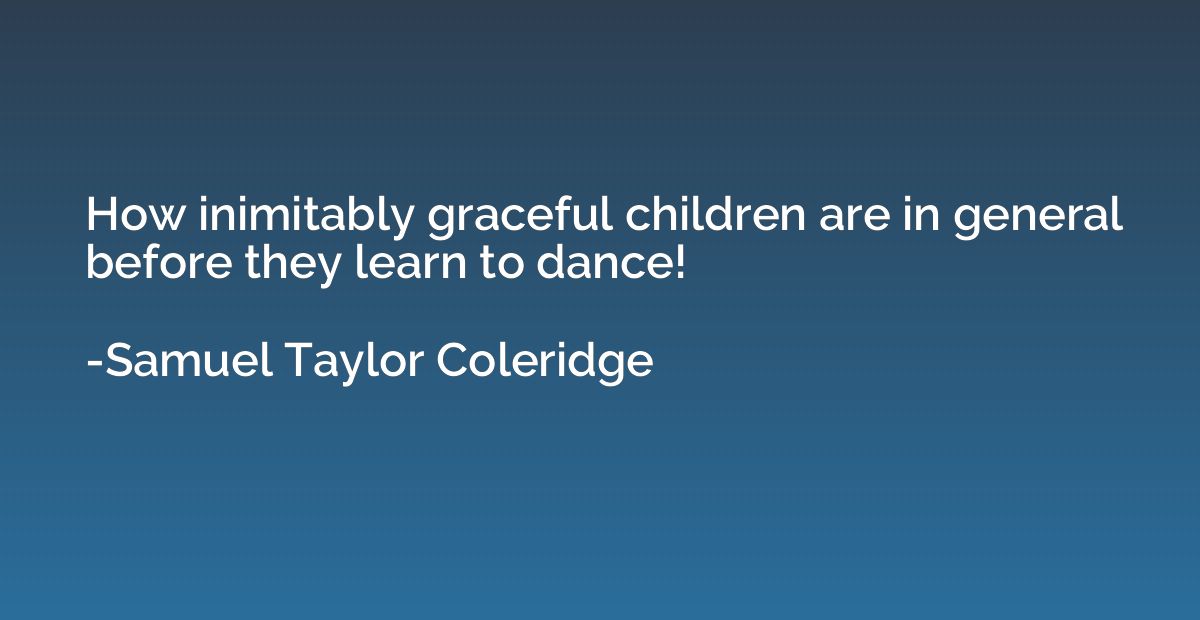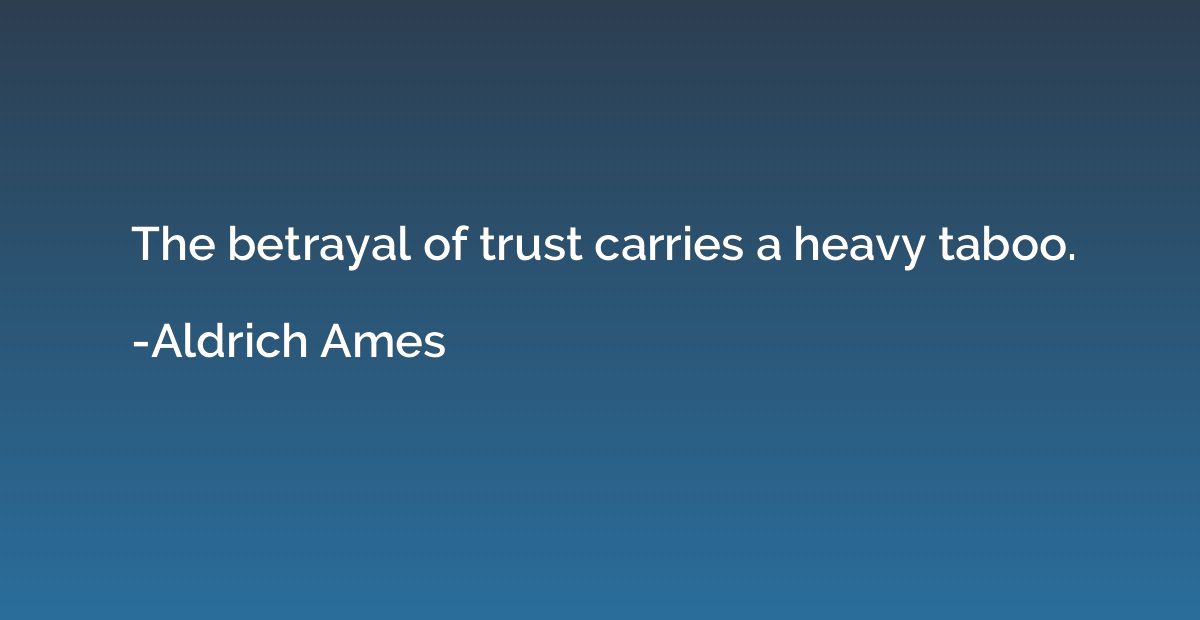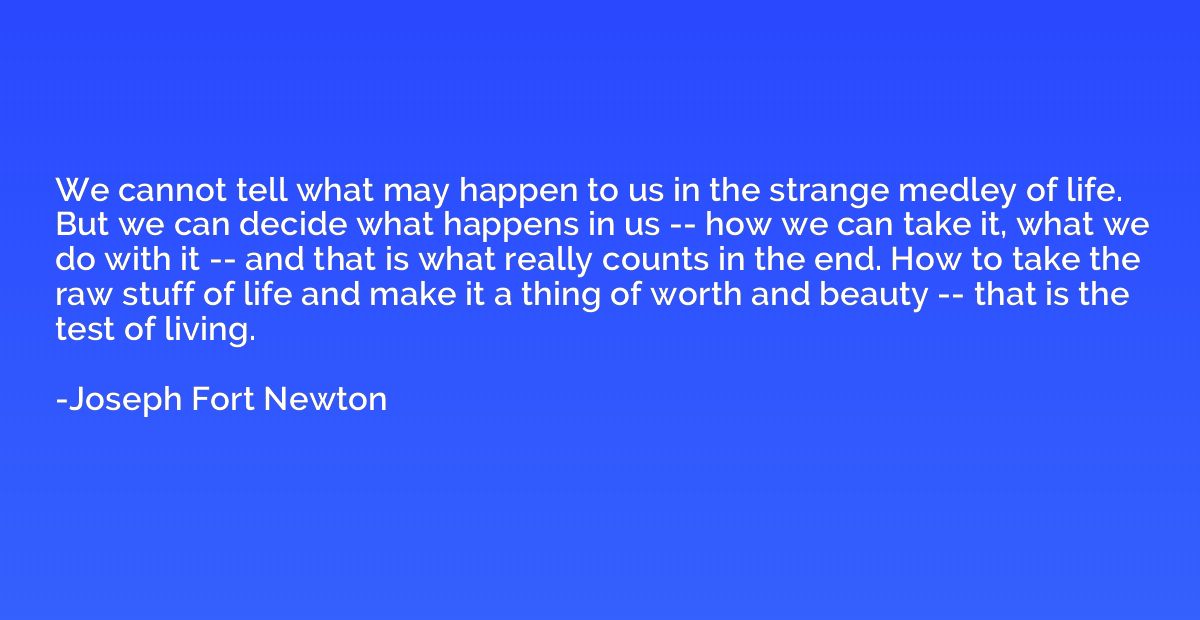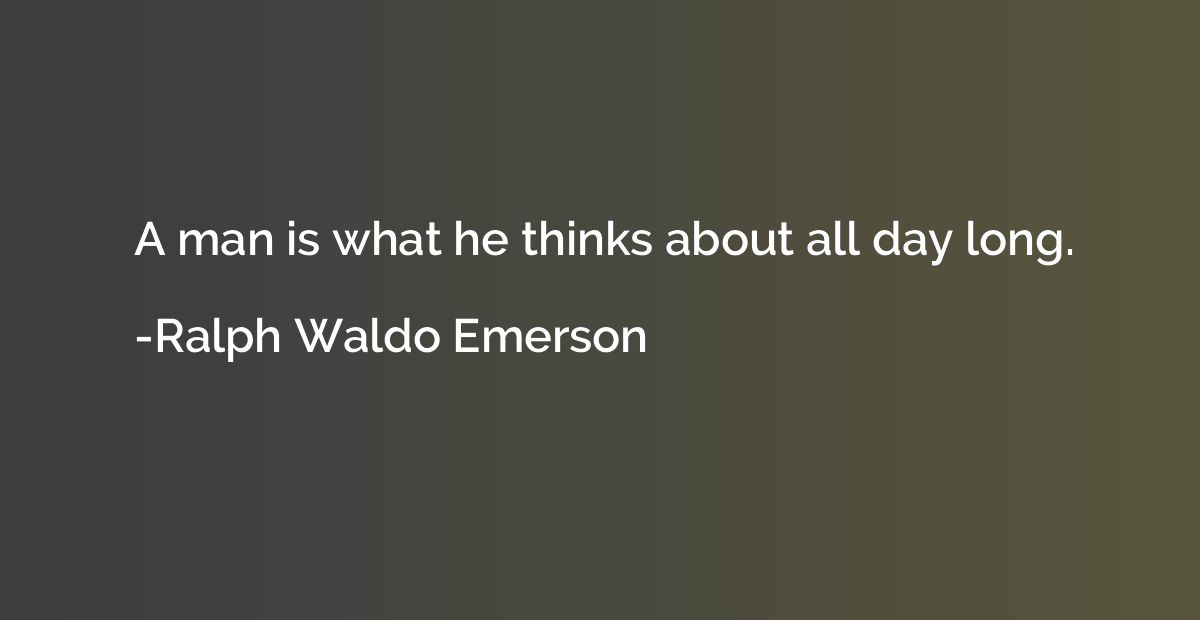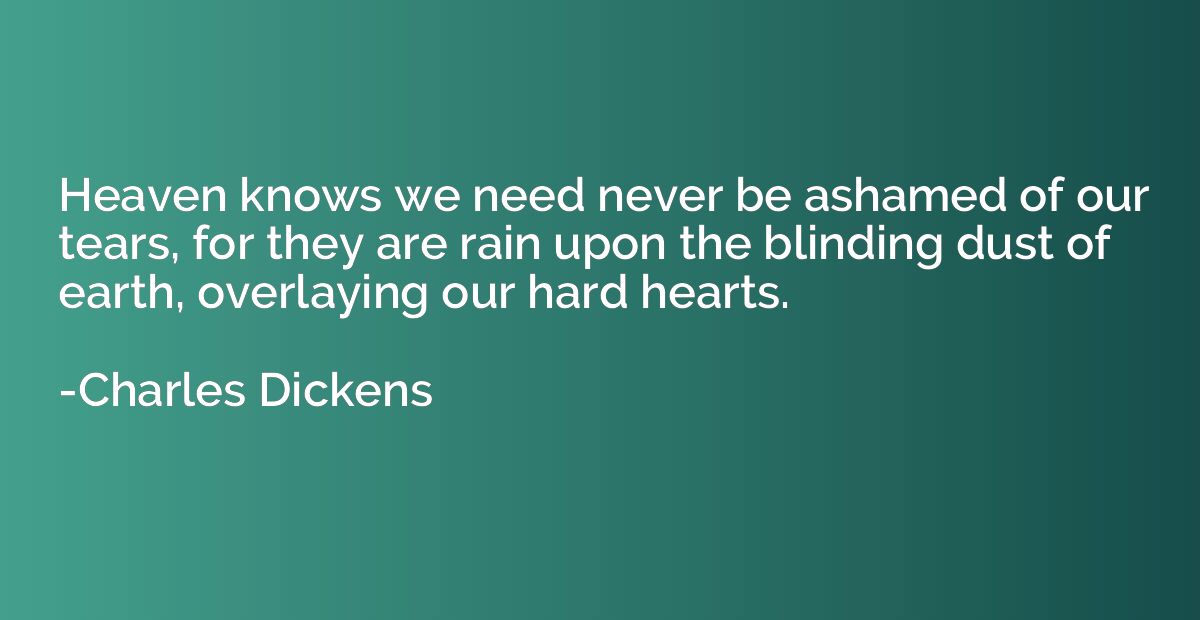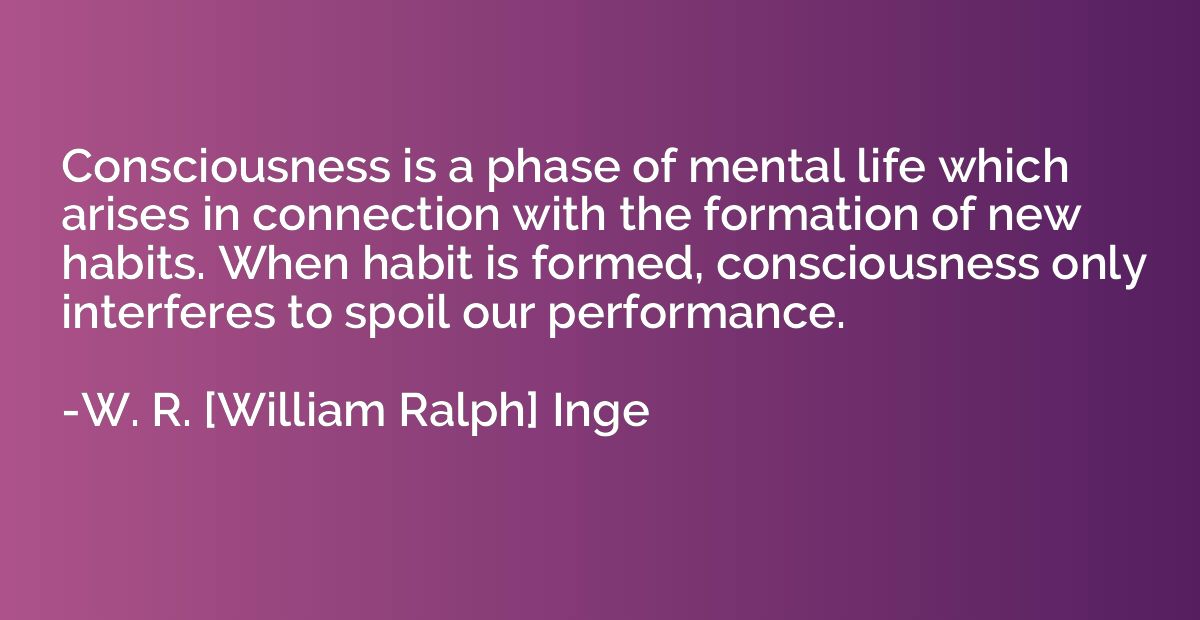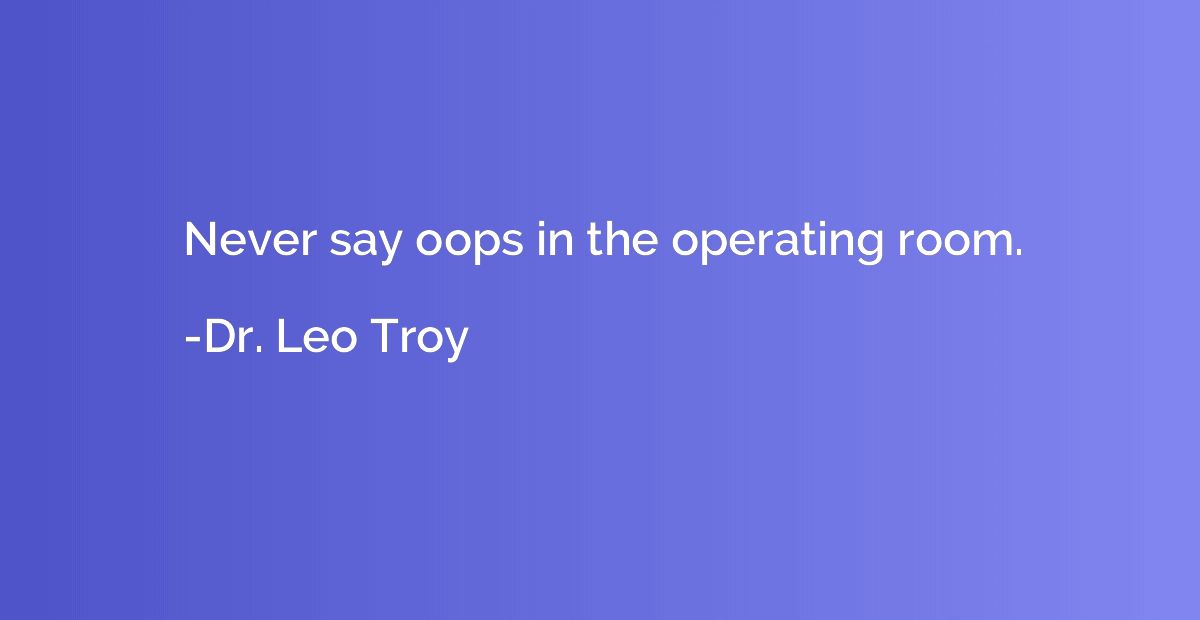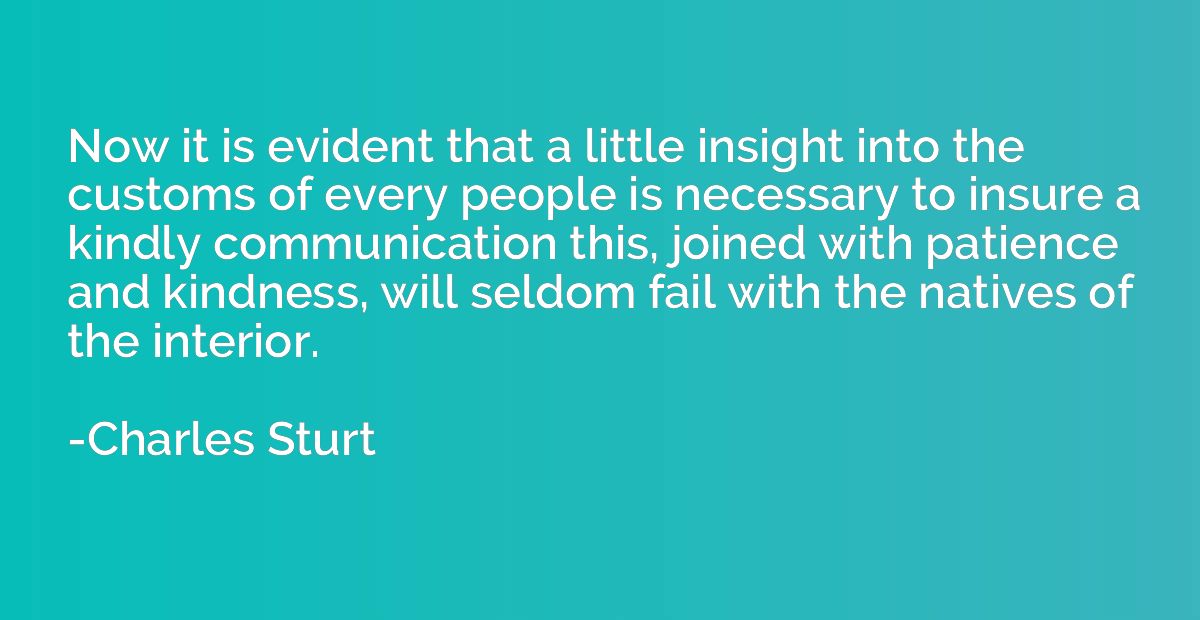Quote by Ernest Hemingway
This was the greatest gift that he had, the talent that fitted him for war; that ability not to ignore but to despise whatever bad ending there could be. This quality was destroyed by too much responsibility for others or the necessity of undertaking something ill planned or badly conceived. For in such things the bad ending, failure, could not be ignored. It was not simply a possibility of harm to one's self, which be ignored. He knew he himself was nothing, and he knew death was nothing. He knew that truly, as truly as he knew anything. In the last few days he had learned that he himself, with another person, could be everything. But inside himself he knew that this was the exception. That we have had, he thought. In that I have been most fortunate. That was given to me, perhaps, because I never asked for it. That cannot be taken away nor lost. But that is over and done with now on this morning and what there is to do now is our work.
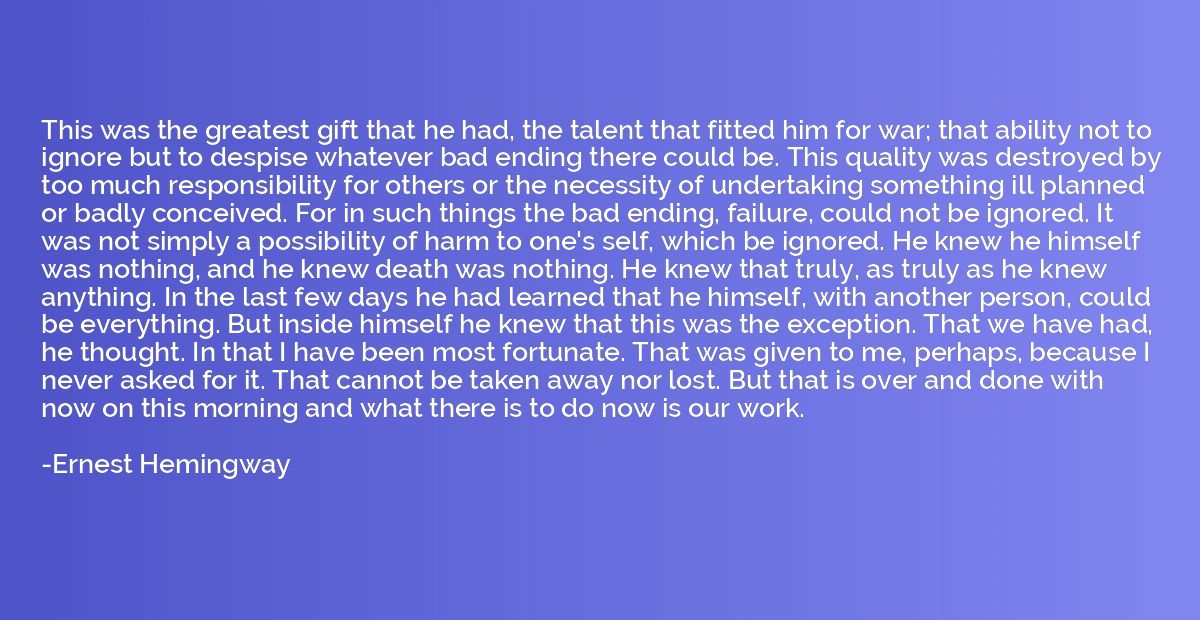
Summary
The quote suggests that the protagonist possesses a unique talent for war - the ability to despise any possible negative outcome. This attribute fades when burdened by too much responsibility or poorly planned endeavors that make it impossible to ignore the potential failure. The protagonist acknowledges their insignificance and the insignificance of death, and has discovered the power of connection with another person. However, they also acknowledge that this exceptional experience is an exception, a stroke of luck, and it cannot be taken away. They now focus on the task at hand, accepting that their past fortune is behind them.



